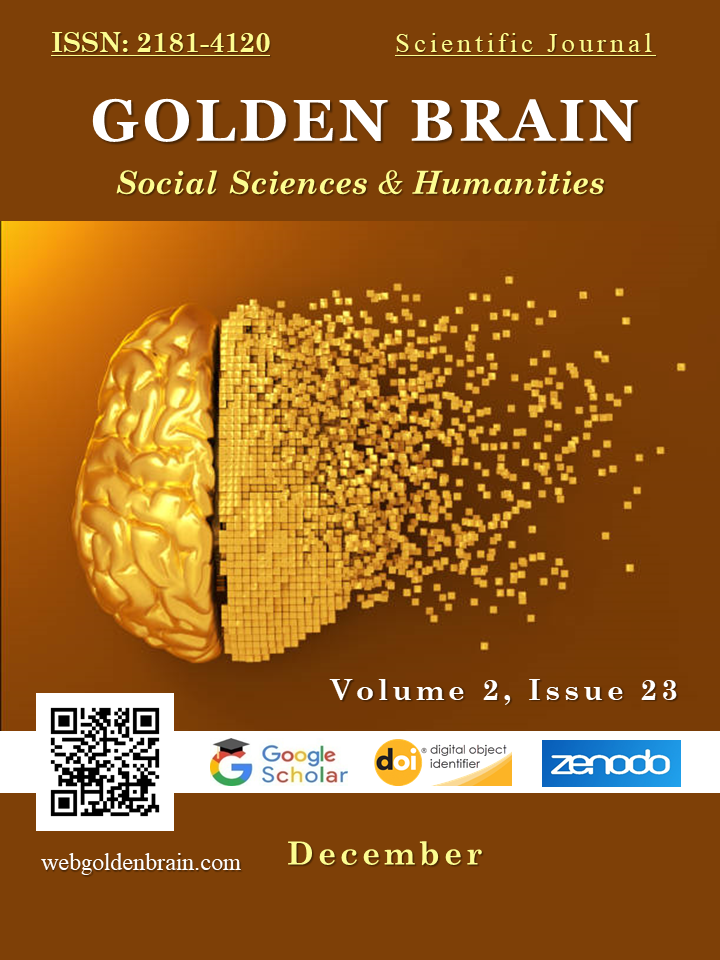ENHANCING ENGLISH SPEAKING SKILLS IN PRIMARY CLASSES (3RD AND 4TH) AS A FOREIGN LANGUAGE
Main Article Content
Abstract
In an increasingly globalized world, the ability to speak English is becoming essential for young learners, particularly those in primary education. This article examines a variety of effective methods and activities that both educators and parents can adopt to enhance English speaking skills in students in the 3rd and 4th grades. Through a review of existing literature, the significance of early language acquisition is highlighted, drawing on influential theories such as Krashen’s Input Hypothesis, Swain’s Output Hypothesis, and Vygotsky’s Social Development Theory. These theories collectively emphasize the importance of comprehensible input, active language practice, and social interaction in the process of learning a new language. The article categorizes key strategies into three main areas: creating a nurturing environment, utilizing engaging activities, and incorporating technology. It highlights the necessity of fostering a safe classroom atmosphere, employing role-playing and storytelling to captivate students’ interest, and using digital tools as effective means to boost students’ confidence and skills in spoken English. By implementing these strategies, educators can lay a strong groundwork for effective communication, academic success, and cultural understanding among young learners.
Article Details

This work is licensed under a Creative Commons Attribution 4.0 International License.
How to Cite
References
Enhancing English speaking skills in primary classes requires a comprehensive strategy that combines supportive environments, engaging activities, technology integration, and consistent practice. By adopting these methods, educators can create a dynamic learning experience that empowers young learners to become confident English speakers
